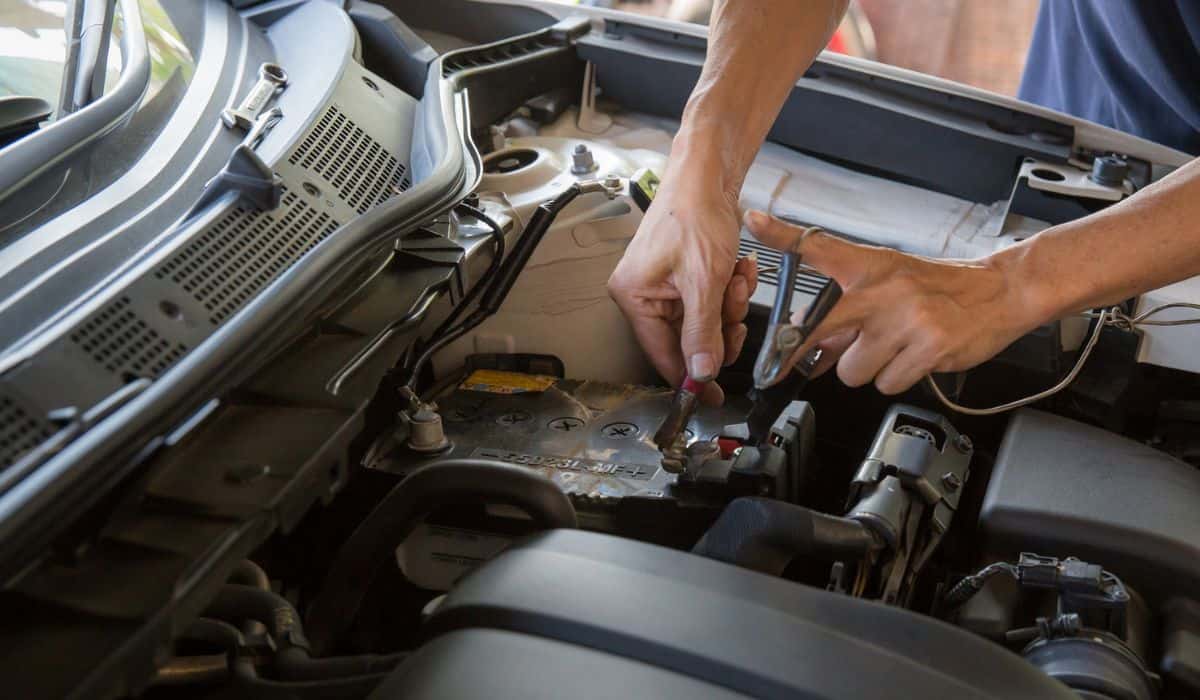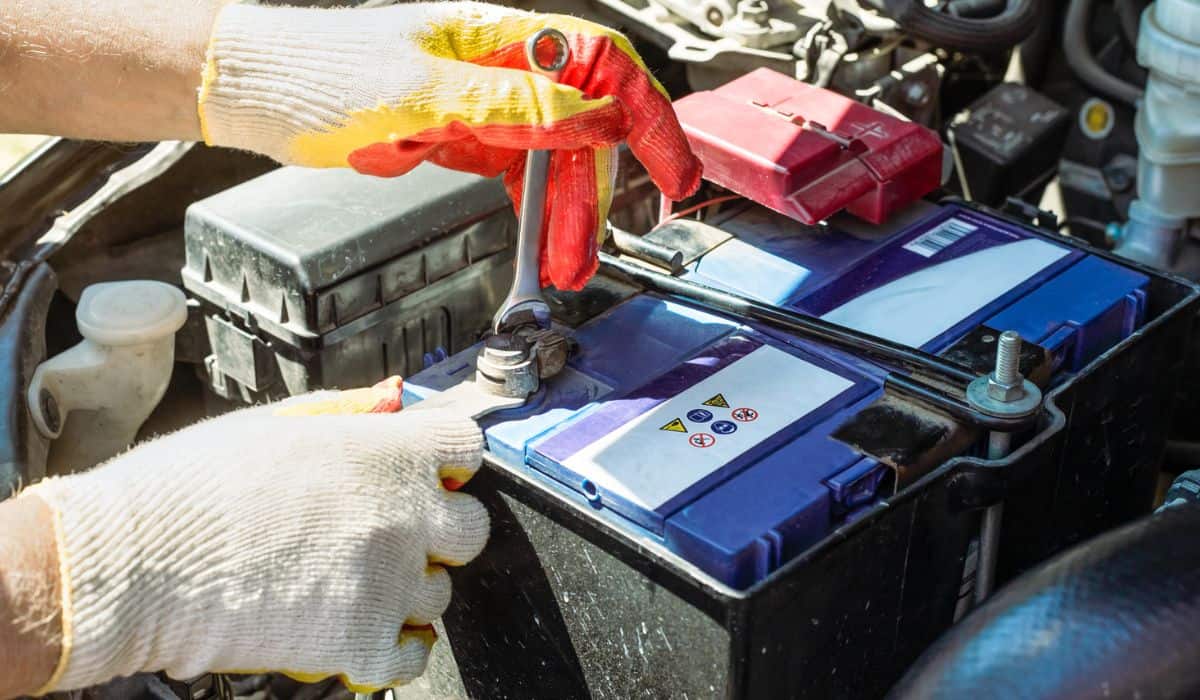Does Car Battery Affect Fuel Consumption?
Car batteries affect other vehicle components like fuel injectors, starting systems, alternators, and accessories. But did you know they can also affect your car’s fuel efficiency?
Yes, a car battery can negatively impact fuel economy. Faulty batteries can cause the alternator to work harder, decrease fuel injector performance, and prevent the car’s computer from working correctly. You might notice lurching, stalling, or reduced performance.
Don’t panic if you notice a decrease in fuel efficiency or issues with your car’s battery. Diagnosing and fixing these issues is often pretty straightforward. Let’s take a closer look at how a car battery can affect fuel consumption, signs of a bad battery, and solutions to this problem.
Does Car Battery Affect Fuel Consumption?

Although you might not expect it, your car’s battery can impact fuel economy and driving performance. The battery is necessary to start your vehicle and power various components, like the alternator, lights, stereo, and more.
One of the primary ways a faulty battery can affect your fuel economy is through the fuel injectors.
A low-charged battery can decrease the efficiency of the fuel injectors when they add fuel to the cylinders. The fuel won’t be added fully, and you’ll notice reduced mileage or fuel efficiency.
In some instances, your vehicle may lurch or run poorly. If you see these issues, it may be time to inspect the battery and resolve any problems.
Other Effects of a Bad Battery
Bad, low-charged, and failing batteries can have other effects on a vehicle besides reduced fuel efficiency. Issues with a car battery can impact the internal computers, handling, alternator, and more.
Car Stalling While Driving
Besides lurching and performance issues from the fuel injectors, the car battery can cause your vehicle to stall or lose power.
As the battery ages or suffers damage, it can cause your vehicle to take longer to start. You might also notice dim headlights or issues with the electronics.
In some cases, your battery could suddenly give out while you’re driving, causing your vehicle to stall or lose power. It’s not uncommon for someone to go into a store for a quick errand and return to a dead car battery that leaves them stranded.
Poor Car Computer Performance
A vehicle’s computer manages different accessories and automates systems within the engine. Faulty or failing batteries can reduce the computer’s performance, causing several issues.
For instance, the oxygen or exhaust sensors may not work correctly, causing the computer to inaccurately gauge fuel consumption. This can lead to excessive fuel consumption and poor fuel economy.
Other issues can arise, like problems with the stereo, lights, accessories, and other components controlled by the vehicle’s computer.
Issues With the Alternator
Damaged and failing batteries can negatively impact the alternator. The alternator is responsible for charging the battery and continues to charge it while the engine is running.
If the battery isn’t working correctly, it can cause the alternator to draw more power and run non-stop.
The alternator running continuously can cause your vehicle to work harder and use more fuel. That said, the fuel reduction might not be noticeable for most drivers. Instead, the alternator will suffer excessive damage, and may need to be replaced.
What’s the Solution?
If you notice any symptoms of a bad battery, it’s generally time for a replacement. Being mindful of your battery and maintenance will ensure you don’t get stranded out on the road or see reduced vehicle performance.
Although batteries can last up to five years, it’s best to test yours annually after two years if you live in warmer regions or after four years in colder conditions. You can get batteries tested by a mechanic, and they should give you a better idea of when you need a replacement.
Additionally, you can inspect the terminals to ensure the connections are secure and free of damage.
Tips for Choosing a Replacement Battery

There are a few tips to keep in mind when selecting a replacement battery to ensure you find the best option available. Here are a few to consider:
- Ensure it suits your vehicle and driving habits: Car batteries come in different sizes, brands, and models. It’s crucial to select a battery that’s compatible with your vehicle and driving habits. A battery that’s too powerful or too weak for your vehical can result in damage. You can consult the owner’s manual, look online, or use an in-store guide to find suitable batteries.
- Purchase a fresh battery: Car batteries lose power over time, even when they aren’t used. Ensure you’re purchasing a battery that isn’t older than 3-6 months so that you can get the most bang for your buck. You can typically find this information on the shipping code on the case.
- Compare warranties: Some batteries include free-replacement warranties and partial reimbursement periods. You might want to look for models with longer contracts and reimbursement periods to ensure the best results.
- Consider professional installation: If you don’t have experience installing a car battery, it’s best to go to a trusted auto shop. Installing a battery incorrectly can severely damage the car’s entire electrical system if you aren’t careful.
- Don’t forget to recycle your old battery: Batteries have toxic lead and acid that need to be properly recycled. Most auto supply stores will dispose of old batteries, and you can receive a partial refund when you return your old model. Professional mechanics can also recycle your old battery for you.
